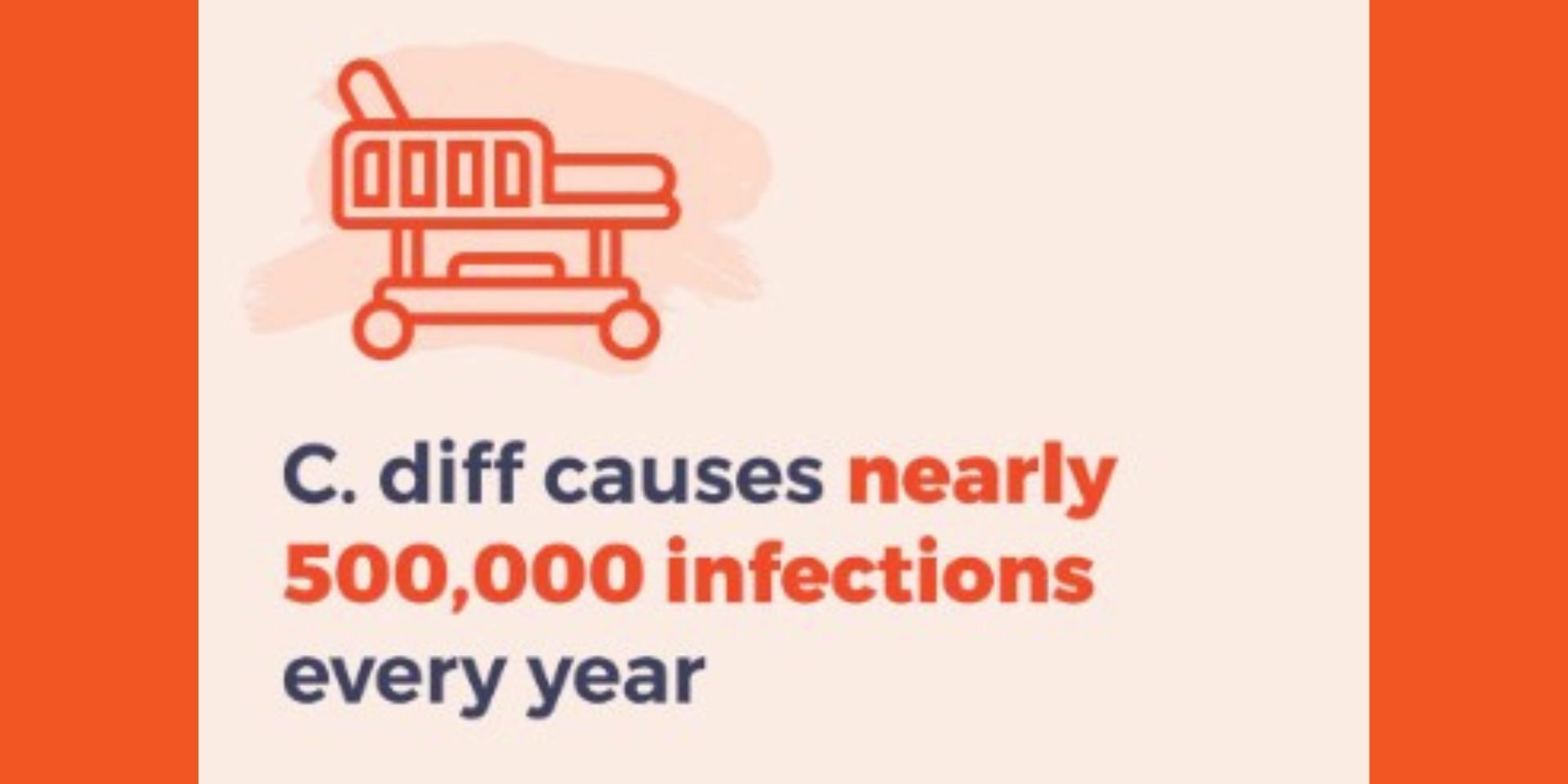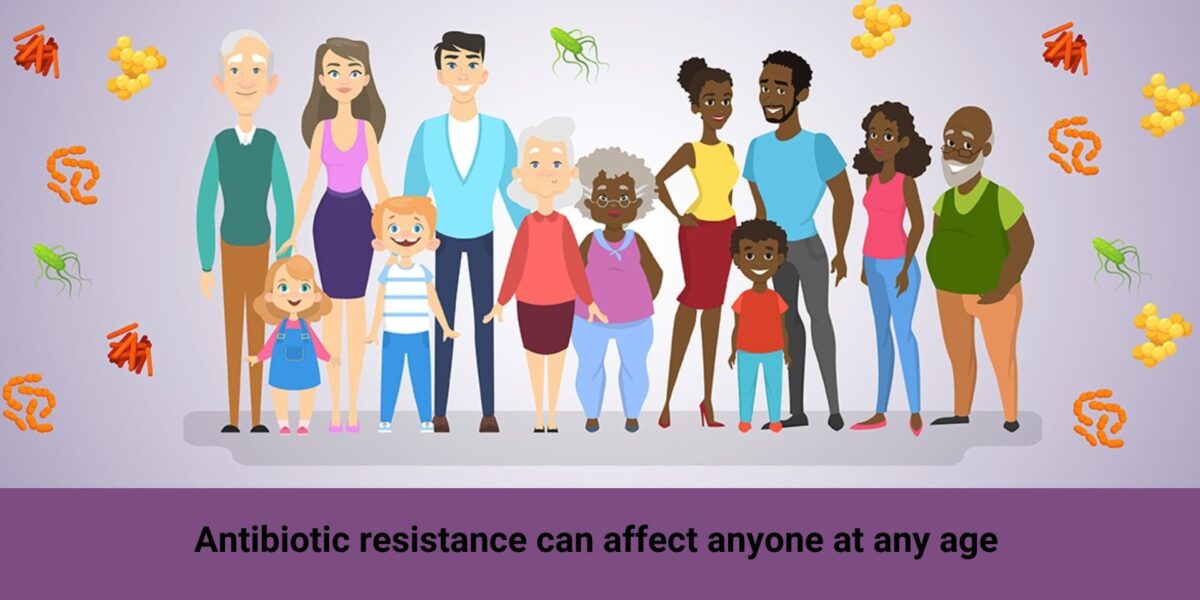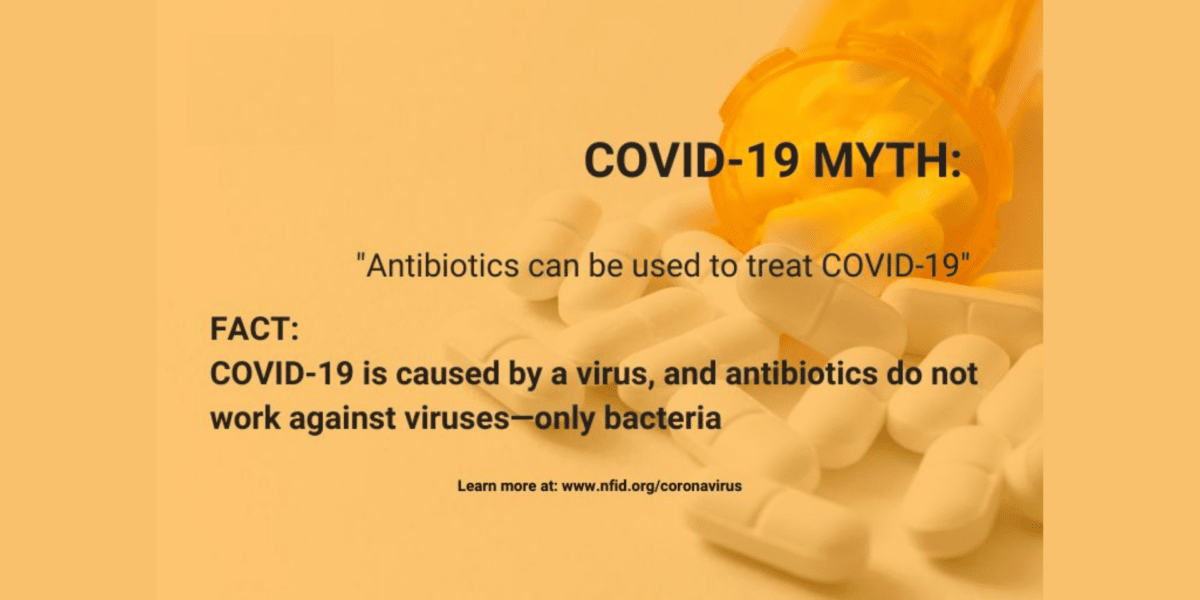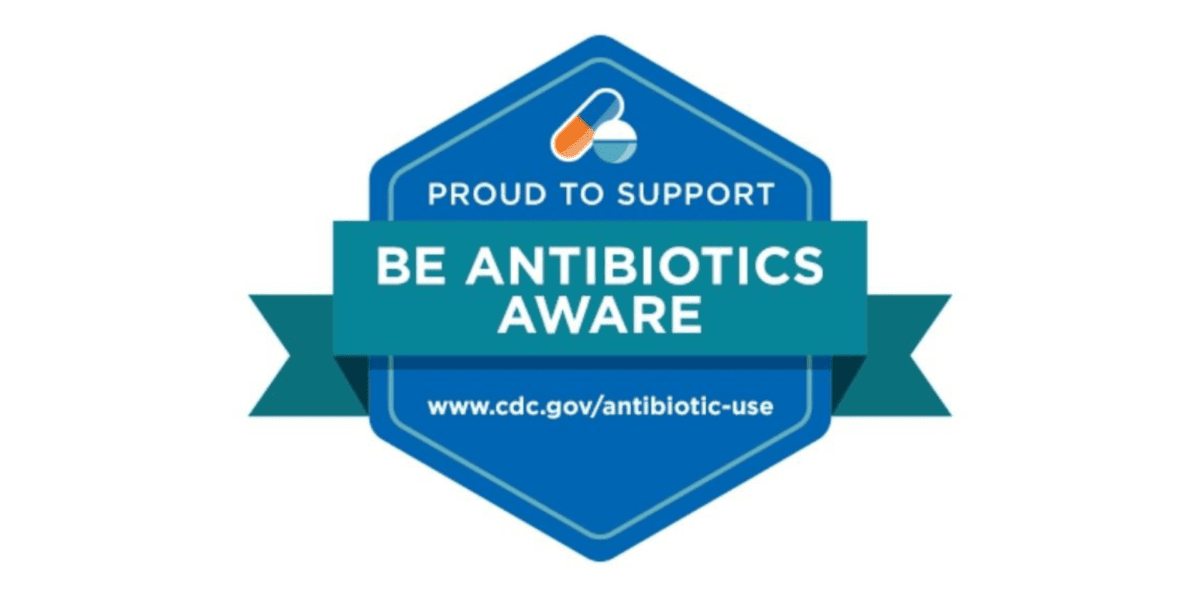
November is C. diff Awareness Month, an annual opportunity to raise awareness about this common but potentially deadly infection. Special thanks to Christian John Lillis of the Peggy Lillis Foundation for C. diff Education and Advocacy (PLF) for this guest blog post. More than 13 years ago, his family experienced firsthand the horror of a C. diff infection when it took his mother Peggy’s life at age 56.
What Is C. diff?

Clostridioides difficile [klos–TRID–e–OY-dees dif–uh–SEEL], or C. diff for short, is a germ that causes diarrhea and colitis (inflammation of the colon) in infected people. Once known as a nuisance disease of older adults, cases are now commonly found in children and younger adults. Over the past 10 years, new treatments, diagnostics, and preventive measures have changed the landscape of C. diff infections, but they still remain an urgent public health threat.
According to a recent report on the overall burden of CDI in the United States, there are an estimated 500,000 C. diff infections annually, 30,000 of which are fatal. This results in an annual $5 billion cost to the economy, with patients reporting spending an average of $4,355 in out-of-pocket costs on treatment.
C. diff is a horrendous disease, as anyone who has ever had it will tell you. Its primary symptom, profuse diarrhea, can be embarrassing and incredibly isolating. Aside from worrying about getting their loved ones sick or spreading the disease to strangers, patients often refrain from going out in public to avoid being stranded without a bathroom when they need it.
There can be profound social and emotional impacts on people who suffer from a single bout of C. diff—not to mention the impact on the nearly 35% of patients who experience a recurrence. While there are legions of compassionate, qualified healthcare professionals who do what they can to provide patients with the best possible care, there are still patients who do not feel they were correctly diagnosed, treated, or educated by their clinicians when they had C. diff. Diagnostics can fail, treatments can be inaccessible due to supply or cost (or be wholly ineffective), and patients can be afflicted by the disease much longer than they ever expected. For some, this can lead to distrust of the healthcare system.
What Has Changed?
C. diff was primarily considered a hospital-associated infection, but there has been a shift in thinking about the primary origin of C. diff infections. It is difficult to determine how many cases that are diagnosed in the community are truly community-acquired, versus developing in the community but originating due to exposure in a hospital or other healthcare environment. For all the valiant efforts to practice better infection prevention in hospitals, nursing homes, and other healthcare facilities, the danger of C. diff infections at-large remains.
Moreover, community-associated infections are not subject to the same reporting requirements as hospital-associated infections (healthcare facilities that participate in Medicare are required to report cases of C. diff), making it even harder to get an accurate count of infections across the US. Additionally, there have been marked increases in C. diff prevalence in the past 10 years for specific populations like pregnant women and children.
On a more positive note, in 2023, 2 microbiome therapeutics were approved for treatment of patients with recurrent C. diff infection. In addition to existing treatment options, these new drugs present promising developments in alleviating the burden of recurrent infections, a major concern for patients and healthcare professionals.
What Can Patients and Healthcare Professionals Do To Prevent C. diff?
There are steps that everyone can take to help prevent C. diff:
- Practice good hand hygiene, especially before and after using the bathroom or preparing food
- Only take or prescribe antibiotics when absolutely necessary. In addition to contributing to the rising threat of antibiotic resistance, overuse of antibiotics puts individuals 7-10 times more at risk for contracting C. diff.
- Individuals who think they may have C. diff can get tested
- Individuals who test positive for the bacteria should clean using bleach products, which are the only disinfectants that can kill C. diff spores (the dormant form of the bacteria that lives outside the gut)
One of the most important things we can do to improve outcomes for C. diff patients is to raise awareness. Too often, we hear from patients who were unaware of the disease before they were diagnosed. To help address this issue, PLF launched an annual awareness campaign in 2019, See C. diff, which has reached tens of millions of people in the US. Read more stories about patients affected by C. diff.
Help raise awareness by joining the See C. diff campaign. Working together, we can all help combat this dangerous and all too often deadly infection.
To join the conversation and get the latest news on infectious diseases, follow NFID (@NFIDVaccines) and Peggy Lillis Foundation (@PeggyFund) on X (Twitter), like NFID on Facebook, follow us on Instagram, visit us on LinkedIn, listen and subscribe to the Infectious IDeas podcast, and subscribe to receive future NFID Updates.
Related Posts

5 Things To Know about Antibiotic Resistance
There are steps everyone can take to help protect against drug-resistant infections

A Perfect Storm: Antibiotic Resistance and COVID-19
COVID-19 disease caused surges in hospitalization with a proportion of patients experiencing severe disease that led to prolonged hospitalization and the use of invasive medical devices. At the same time, the pandemic also diminished the ability of hospitals to perform optimal infection prevention and antibiotic stewardship activities as resources were diverted to COVID-19 response …

Thank You for Appropriately Using Antibiotics
Special thanks to NFID Director S. Shaefer Spires, MD, of Duke University Hospital for this guest blog post for US Antibiotic Awareness Week (November 18-24, 2021), an annual observance to raise awareness of the threat of antibiotic resistance and the importance of appropriate antibiotic use …
